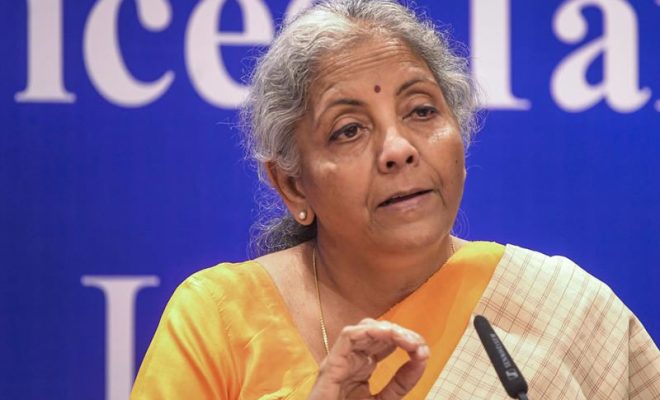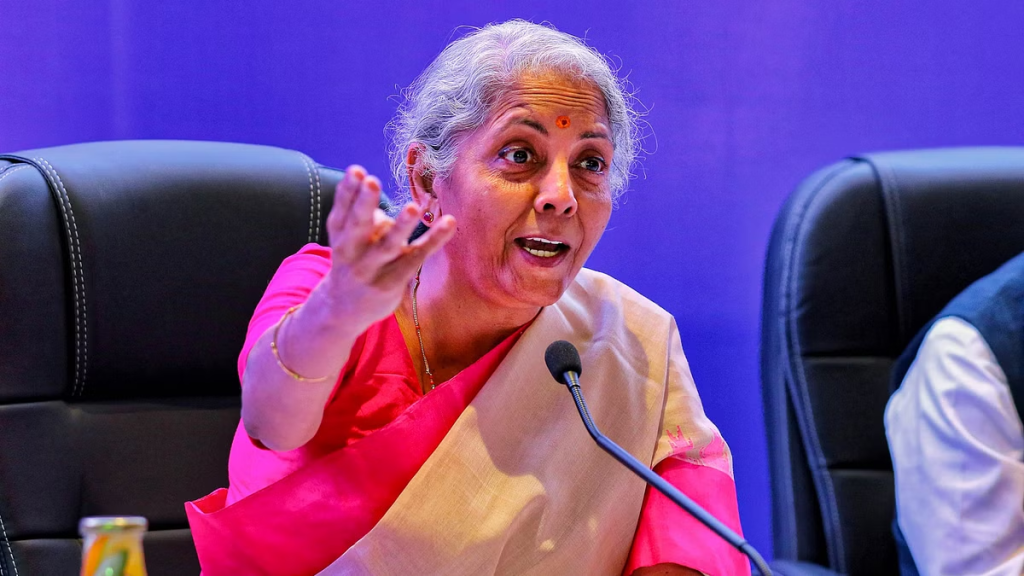Key Takeaways from the Economic Survey Ahead of the Budget

Union Finance Minister Nirmala Sitaraman gave a preview about the Economic Survey 2023-24 before the Lok Sabha today. The survey showed India’s real Gross Domestic Product is expected to grow by a rate between 6.5% and 7% in the current year of 2024-25. The economic survey was released before the Indian Union Budget. The growth estimated by the survey lined with the rate of growth estimated by the International Monetary Fund (IMF).
The survey stated, “The survey conservatively projects a real GDP growth of 6.5-7 percent, with risks evenly balanced, cognizant of the fact that the market expectations are on the higher side”.
Take on Inflation
The Economic Survey noted the core inflation remains at the same point on account of services inflation and a strong labour market, in most of the economies of Asian countries.
It pointed out that, “The inflationary pressures provoked by the geopolitical and conflict troubles, supply chain disruptions and onset of monsoon have been deftly managed by administrative and monetary policy responses. After averaging around 6.7% in the year 2023-24, retail inflationary pressure stepped down to 5.4% for the year 2024-25”.

Indian Govt push towards Capital Expenditure
In the statement, the Finance Minister went on to say, “Government’s thrust on capex and sustained momentum in private investment has boosted capital formation growth. Gross Fixed Capital Formation increased by 9% in real terms in Financial Year 2023-24.”
Also Read | Dibrugarh Express derails in Gonda, Uttar Pradesh; at least 10 coaches affected
Economic Survey on Indian Economy
According to the latest economic survey released by FM Nirmala Sitaraman, India’s calibrated response to the pandemic on the economic front included three components, one being the focus on public spending on infrastructure that kept the economy running by creating a strong demand for jobs and industrial output. The private sector also have been backed quite strongly by the RBI and the other banks along with Government schemes giving a special concentration to the startup industry.



